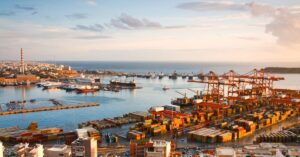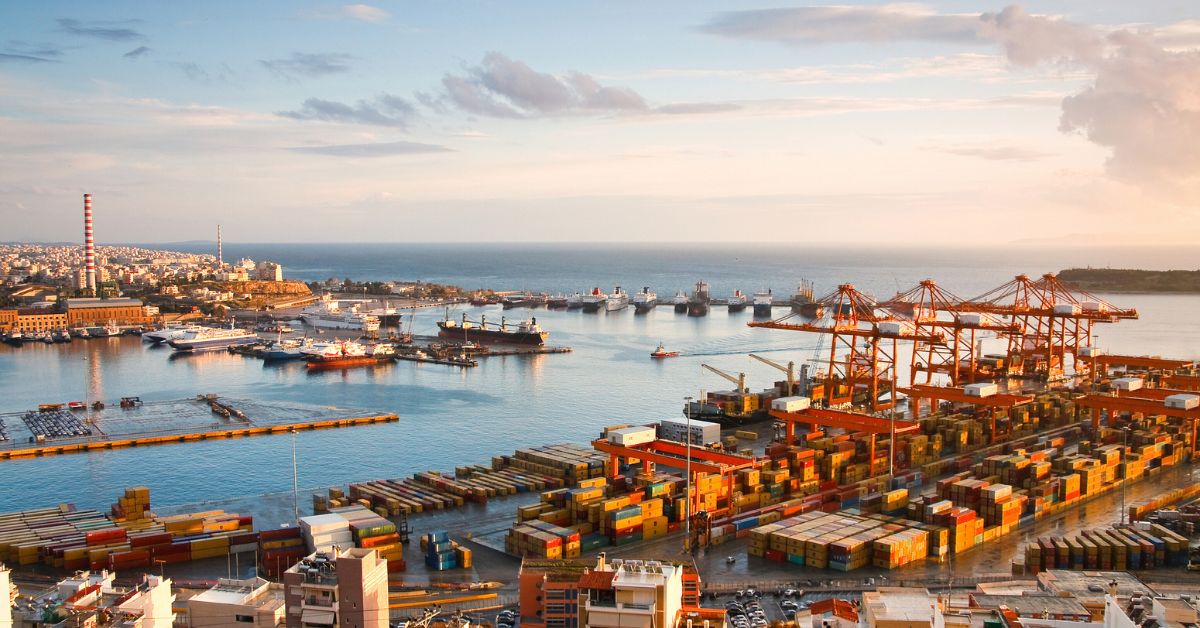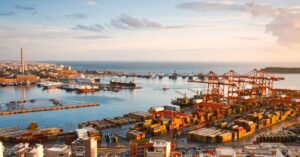
Russian Captain Denies Manslaughter In Tragic North Sea Ship Collision
May 31, 2025
Fincantieri Launches Second Next-Generation Dual-Fuel Cruise Ship
May 31, 2025

The European Union plans to build a maritime security hub in the Black Sea region to counter Russia and safeguard critical undersea infrastructure such as deep-sea cables used for communications.
It plans to collaborate with Ukraine, Armenia, Azerbaijan, Turkey, Georgia and Moldova in this regard.
This decision comes after Russia’s conflict with Ukraine continues, and Moscow targets Ukrainian ports, shipping routes, and uses a shadow fleet of old tankers to evade western sanctions to transport its oil, causing both maritime security and environmental concerns.
EU foreign affairs chief Kaja Kallas revealed this new plan to the media recently in Brussels.
The proposed hub would help in enhancing situational awareness and focus on information sharing among partners regarding the Black Sea, including real-time monitoring from space and warning of the potential threats and other activities, per the strategy document.
Kallas added it would help build regional infrastructure and enhance military mobility so equipment and troops can be present when and where they are required.
However, the place where the centre would be based and all the countries involved are not clear, nor is it known how and from where financial resources would be allocated for its construction.
Though most Black Sea nations, apart from Russia, are on good terms with the EU, some have other agendas and interests too.
Ukraine and Moldova are trying to join the EU, and Georgia and Turkey are also candidates, though their bids for joining are presently frozen.
Armenia has become close to the EU, and Azerbaijan has a complicated relationship with the EU and Russia.
Turkey is close to the EU and is a member of NATO. Though it is a regional power, it has its interests in keeping the U.S and other NATO members out of the Black Sea, per Stefan Meister, head of the Center for Order and Governance in Eastern Europe, Russia, and Central Asia at the German Council on Foreign Relations, or DGAP.
He said Ankara tries to go with NATO while not provoking Moscow, as it sees it as a security threat and supports Ukraine while condemning the Russian annexation of Crimea, though it benefits from the western sanctions and purchases Russian resources and also benefits from trade with Ukraine.
Meister said that the Black Sea is at the centre of European Security and is vital for connectivity with other regions like the South Caucasus, the Caspian Sea, the Middle East and Central Asia.
The European Commission has said that the following step would be to gather ministers from EU member states and countries that share a border with the Black Sea to discuss how to take this proposal ahead.
References: Defense News, Euronews, com
Source: Maritime Shipping News


